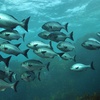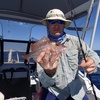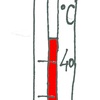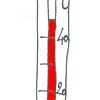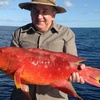
Science Behind the Camera: Snapping Pictures for Climate Research
In 2015, mankind will take about one trillion photos. Up until 2010, 3.8 trillion photos had been taken. If taking photos solved climate change, 2015 would cause the earth’s climate to be cesspool-level stagnant, writes Discover Magazine Online. As we know, taking photographs does not solve climate change — If only. Still, citizen science projects like RedMap use photography to collect data on our changing environment. Read the full …



